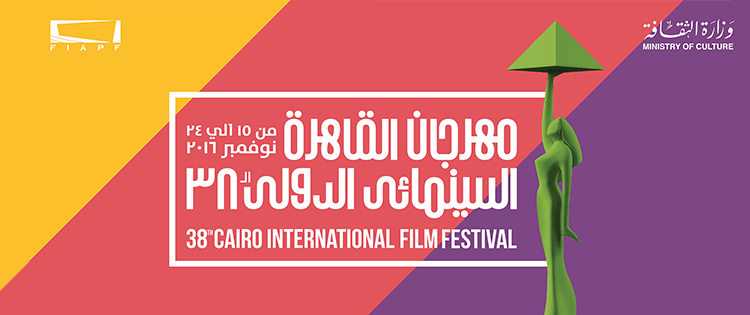Tuesday, November 15, 2016 took place the opening ceremony of the 38th edition of Cairo International Film Festival (CIFF). Although this ceremony was darken by mourning following the death 48 hours earlier of actor Mahmoud Abdelaziz, it was still very successful. Especially in comparison with the two opening and fence ceremonies of the 2016 JCC.
Indeed, this ceremony, which took place at the Cairo Opera, should be an organizational lesson for us Tunisians.
To start already with the decoration of the entrance. Very beautiful. And above all well thought out so as to allow photographers and journalists to do their job well and guests to be highlighted without being bothered.
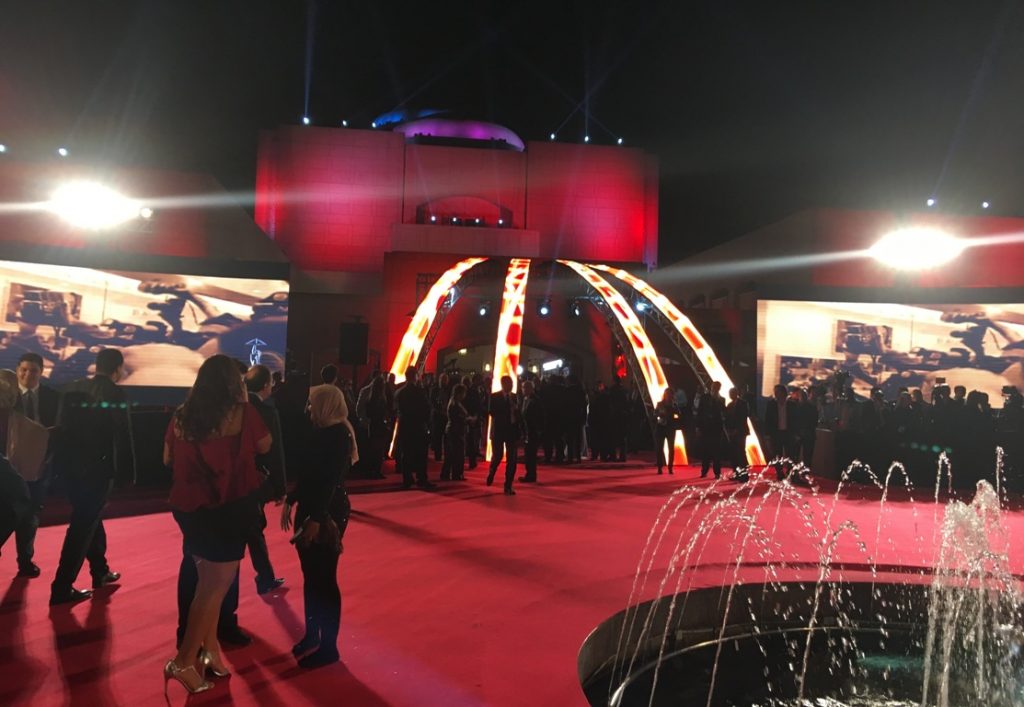

An evening outfit is required from everyone, professionals and guests. So all the photographers and journalists were in black suit and ties. All ! It is the same for the Cannes Film Festival.
The photographers who cover the red carpet are all aligned, in a determined order, along a barrier which allows them to take their photos without annoying the artists. Only three photographers have the right to enter the opera. Two photographers on the ground floor, one of whom is sitting in front for the photos of the scene, but I insist on seated, and therefore do not disturb the guests, and the third photographer upstairs.
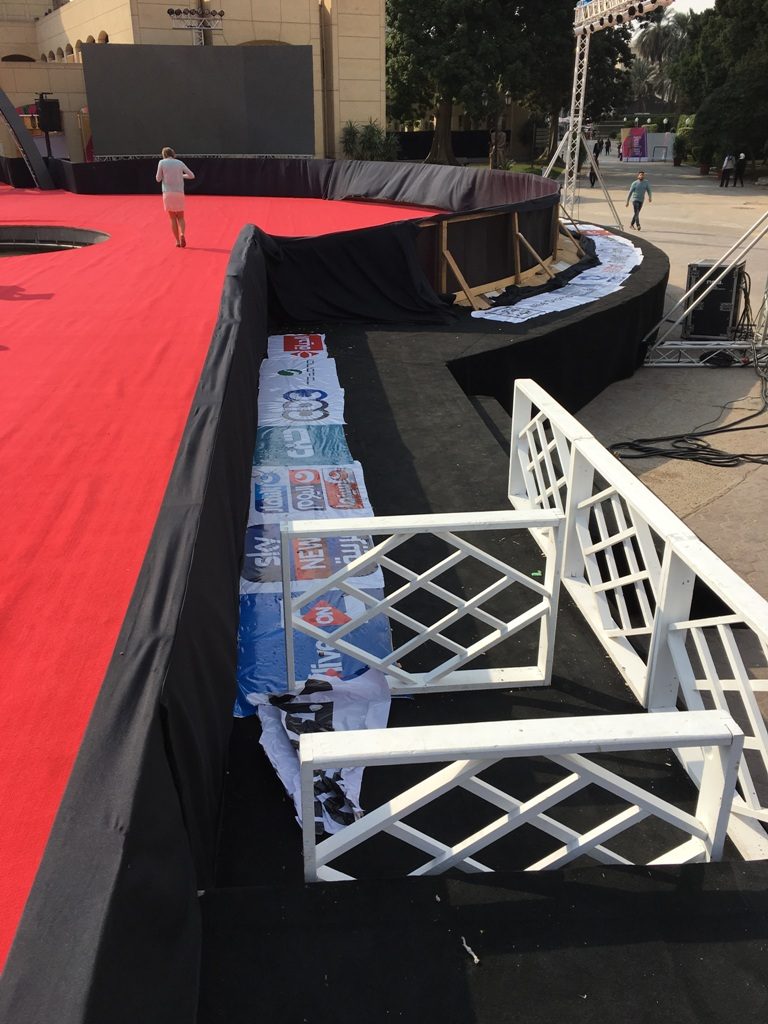

Once the red carpet is exceeded, we arrive in a place where several TV trays are installed to interview certain guests.
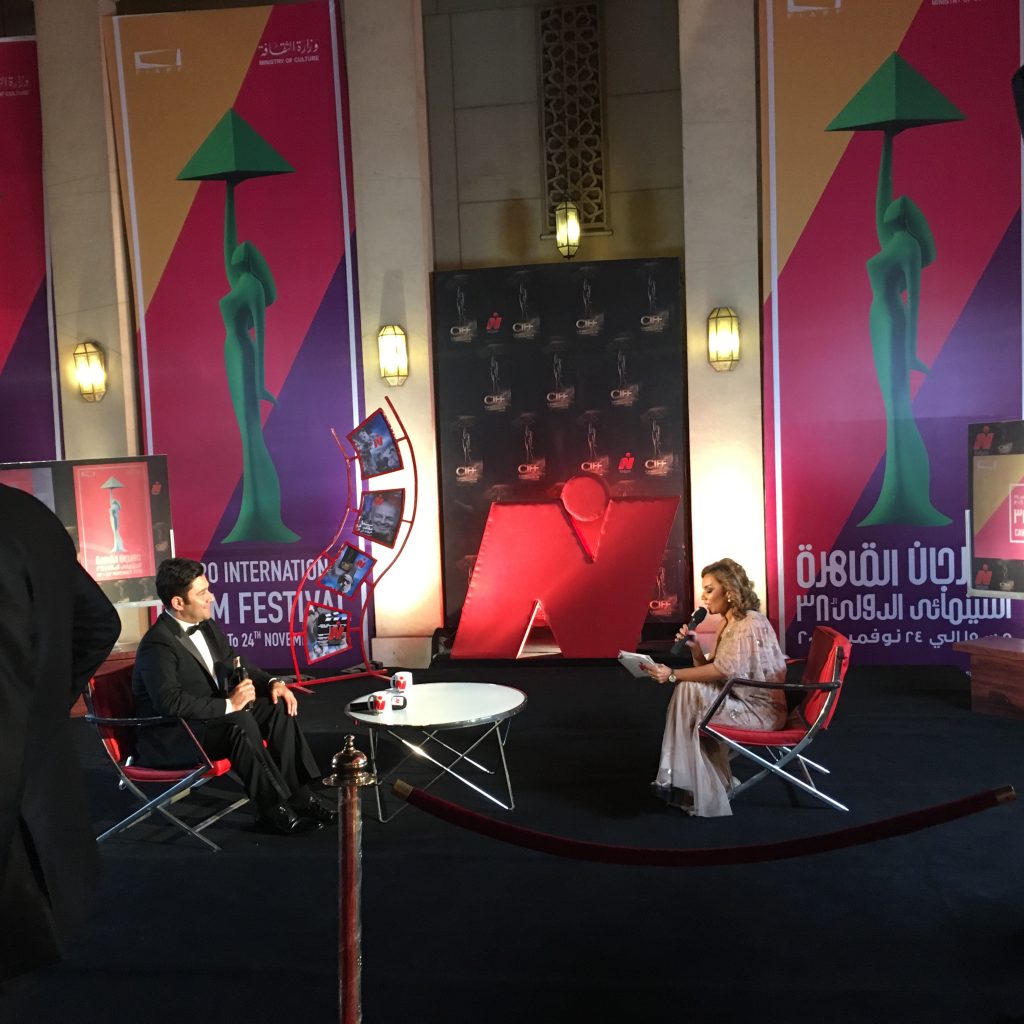

Regarding Egyptian journalists, only a few are admitted inside the building. Only a few rare privileged are admitted to the ground floor, all the others are installed on the first floor.
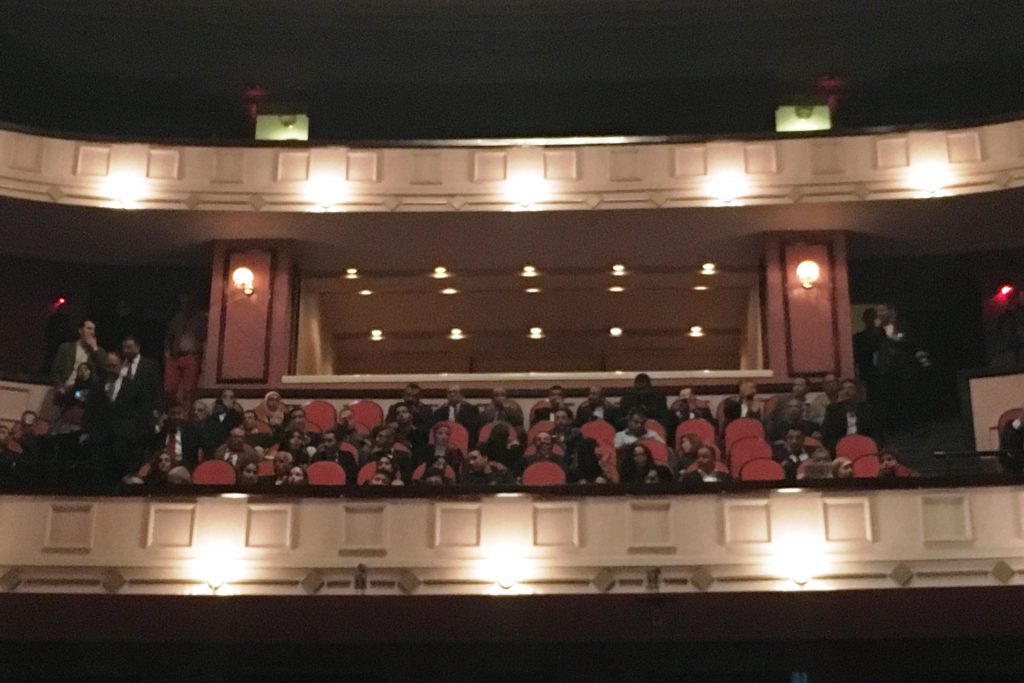

Inside everyone has their place. There are seats reserved for specific people, with their names on it, such as artists who will receive tributes and who will arrive from the scene, or the ministers of culture and tourism. There are seats reserved for a function, such as members of the jury or invited foreign journalists or the film of the film which will be screened that evening. Helmets for simultaneous translation are distributed to non -Arabic -speaking guests.
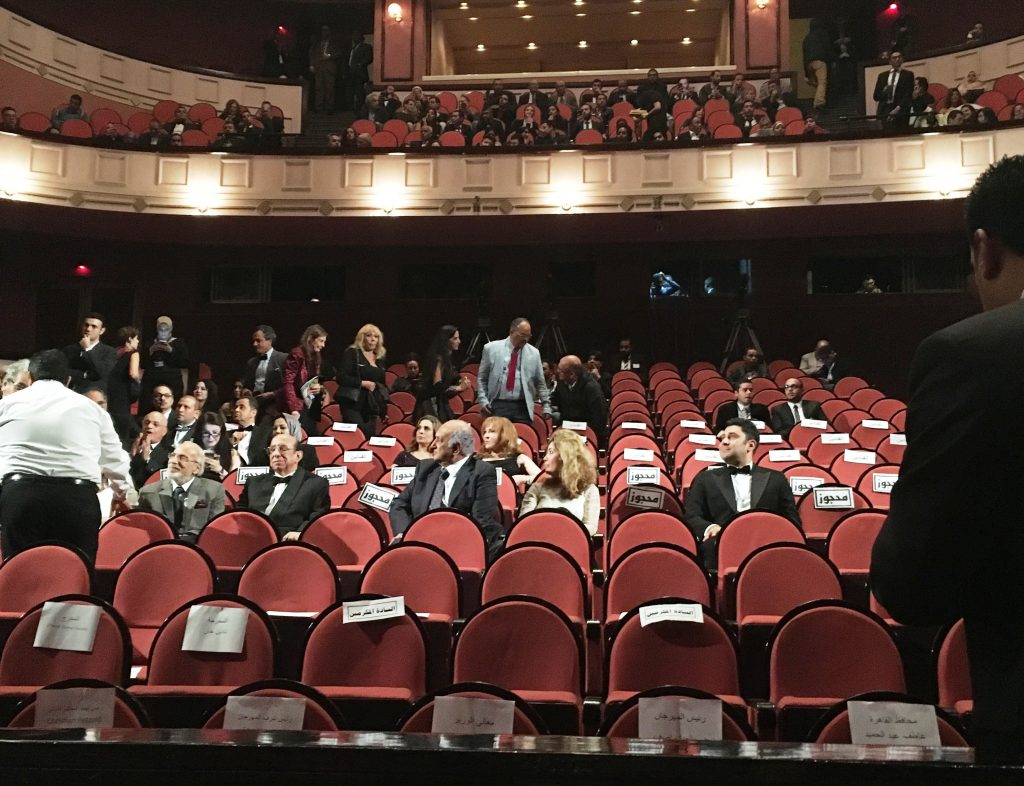

Each guests respected this order. I have not seen or heard anyone question this organization or ask to change space. Only one actress, who arrived late, wanted to take a reserved seat, she was firmly asked to release the place.
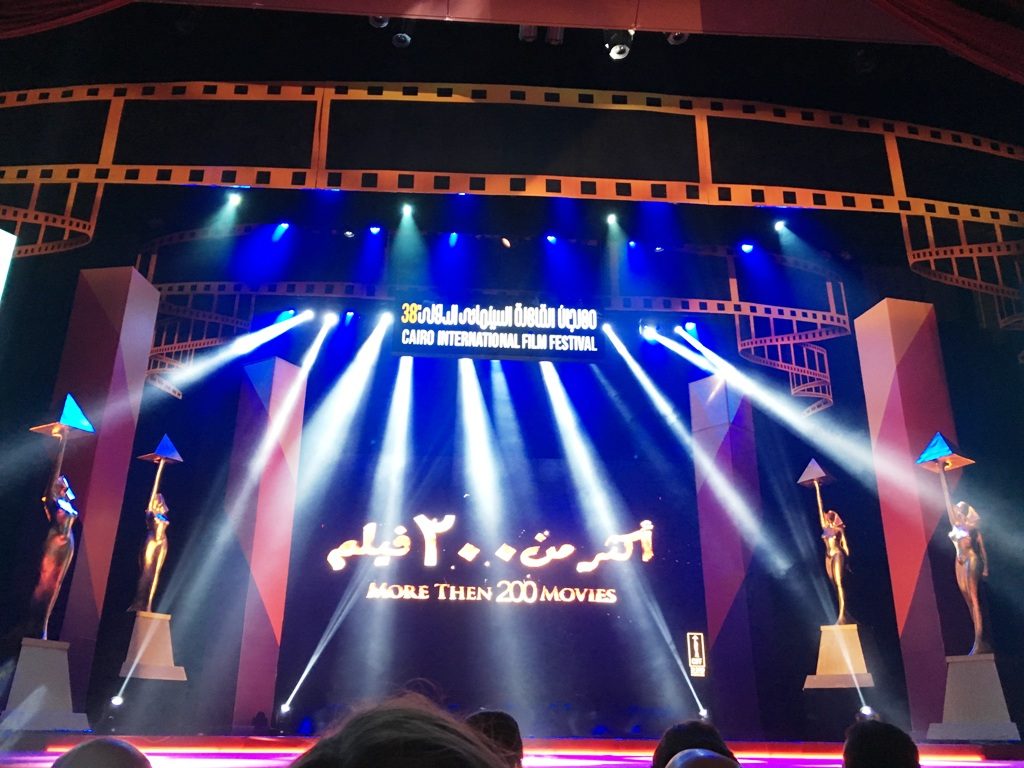

Once all the guests have been installed, the ceremony started. First with a tribute song to the cinema, with the projection of a video showing the actors and directors in cited scenes. A very beautiful song, but with a downside anyway: the only non -Egyptian Arab actor quoted was Douraid Ellaham. For what ? Are there not other Arab actors and directors worthy of being cited?
Followed the speeches of Ms. Magda Wassef, president of the festival, of Hilmi Nemnem, Minister of Culture, who asked the guests to observe a minute of silence in memory of Mahmoud Abdelaziz, and Mahmoud Hemeida Honorary President of this 38th edition of the festival, dedicated and baptized in the name of Mahmoud Abdelaziz.
Then, there were various tributes and the presentation of the Faten Hamama Prize, notably to Ahmed Helmi who enchanted the assistance by his word of thanks and posthumously to Mohamed Khan, and the presentation of the members of the various juries.
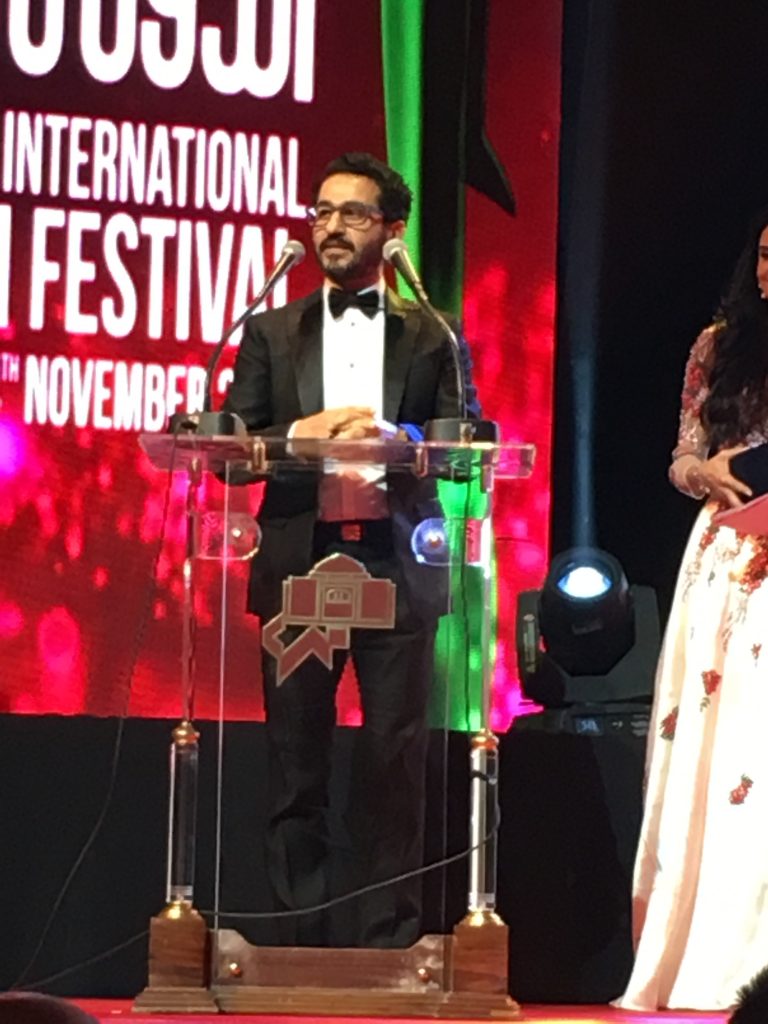

The ceremony continued, in the presence of the film team, with the screening of the feature film in official competition One day for women From Kamla Abu Zekry, with the main roles Elhem Shahine, Farouk El-Fishawy, Mahmoud Hemeida, Hala Sedki, Nelly Kareem and Nahed El-Sebai.
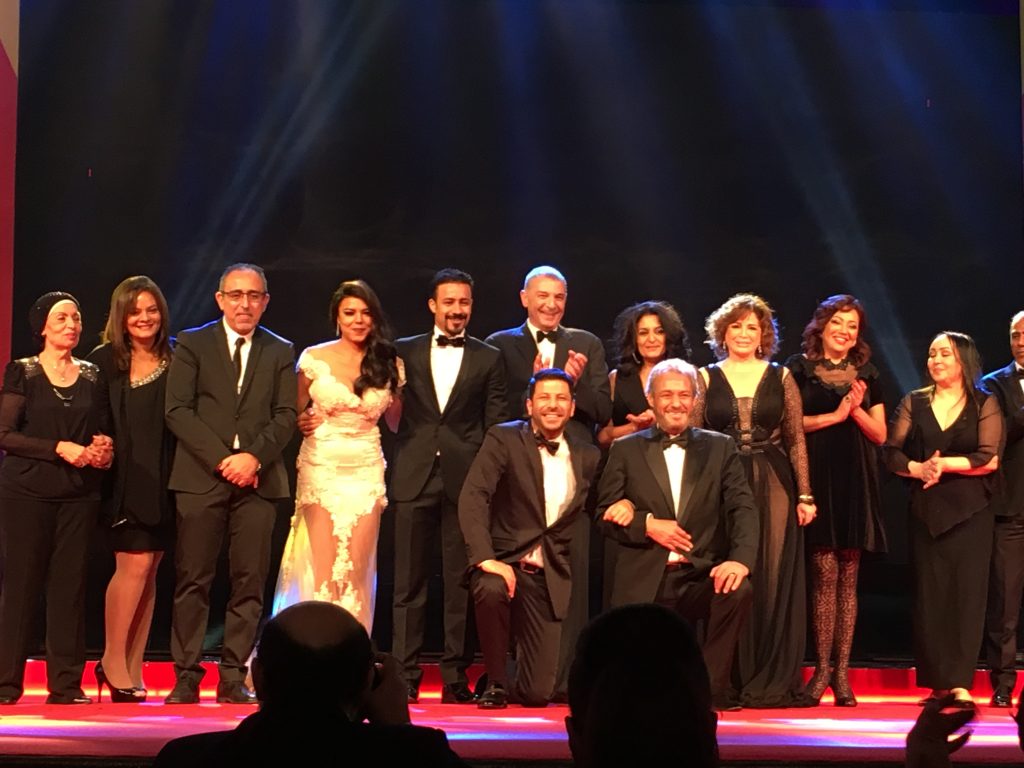

I admit that I was really ashamed during this ceremony thinking of JCC ceremonies, and not only in 2016. In Cairo, everything is studied, organized, set up to the nearest millimeter. It should be noted that the ceremony is prepared by professionals, between director, conductor, decorator, costume designer … Nothing is left to chance and at roughly. Where are our Tunisian professionals? However, I am convinced that we have excellent of them and that they could do exceptional work.
In addition, specific rules are implemented and all obey it without reluctant. Why not in Tunisia? Why do Tunisia journalists and photographers are free to wander everywhere, to annoy all the guests, to put themselves in front of these same guests preventing them from seeing the scene? Why do some people, including photographers and journalists, come in jeans and sneakers and do not make the effort to put a costume or a pretty dress? After all, is it so difficult to wear a suit during such a manifestation? Why don’t guests respect the places assigned to them? Etc…
I know, we could contain long on this subject. But perhaps already a very simple answer is essential: if the JCCs are so badly organized, perhaps simply because there is not a legal status and especially a permanent structure which allows to go ahead and to try to correct each year the errors of the previous sessions!
Neïla Driss
Read on the same subject:


